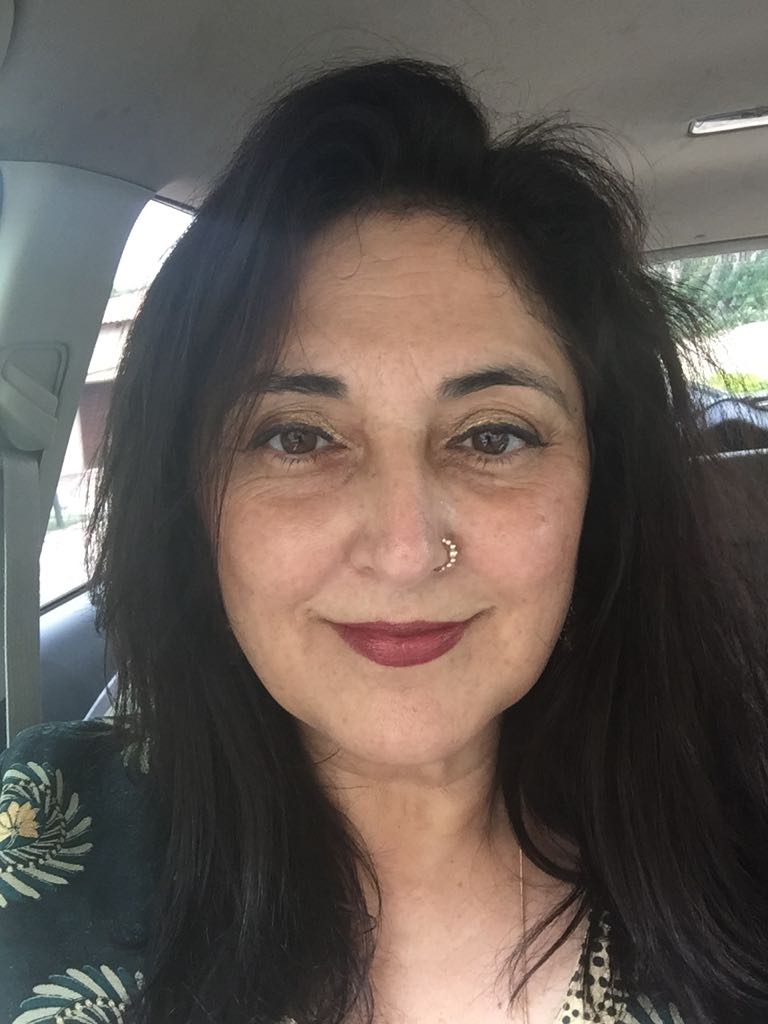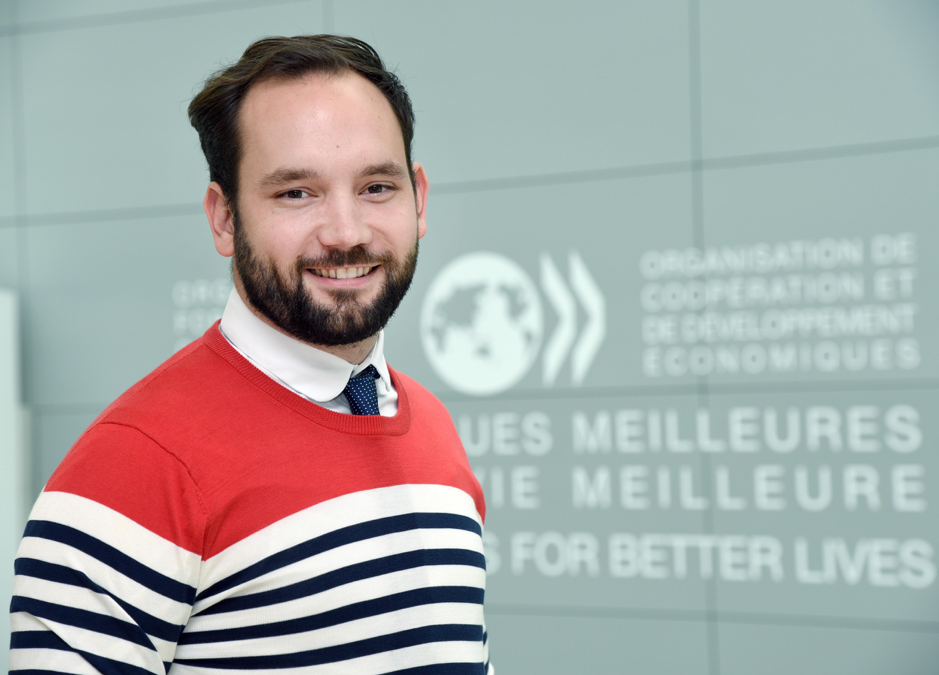Iain Byrne, Researcher and Advisor, Amnesty International
This Mail & Guardian webinar was sponsored by Amnesty International. It featured Shenilla Mohamed, Executive Director, Amnesty International; Nic Spaull, Senior Researcher at Stellenbosch University; Roné McFarlane, Co-head of Research, Equal Education; and Iain Byrne, Researcher and Advisor, Amnesty International.
South Africa’s education is in crisis, but how can pressure be applied in the right places to change this state of affairs? A deep understanding of the politics behind the decisions made around education is required, and civil society must find novel ways to ensure it holds those holding the educational purse strings to account effectively.
 Shenilla Mohamed is Executive Director for Amnesty International South Africa
Shenilla Mohamed is Executive Director for Amnesty International South AfricaShenilla Mohamed introduced the speakers and touched briefly on how Covid-19 affected education in South Africa. Nic Spaull noted that South African education was in a bad state before the pandemic, with few resources in many schools. Covid has made the inequalities worse, but it has also made people more aware of the challenges.
Roné McFarlane said that this year has been very difficult, as many learners struggled to learn at home; many had little access to the internet, or had little digital literacy, or had no access to teachers. There was also the closing of the school nutrition programme, which should never have happened; the bureaucracy should have been more flexible.
Iain Bryne spoke of the lack of amenities in many schools and the lack of blended learning. It is not safe regarding Covid-19 when classrooms are crowded and schools lack running water. Government diverted R2-billion from the education budget, and it won’t increase the budget next year; so questions must be asked about how it is prioritising resources.
Every president has promised that there will be water in schools, but none have got it right so far. Equal Education has challenged the government in court about infrastructure issues in schools. The decrease in budget is very concerning, as government must improve on delivery. Budget was diverted towards temporary solutions during Covid-19, but long-term solutions are preferable. There is no room for wasteful expenditure, for example, with contractors not delivering.
 Dr Nic Spaull is a Senior Researcher in the Research on Socioeconomic Policy group (RESEP) at Stellenbosch University
Dr Nic Spaull is a Senior Researcher in the Research on Socioeconomic Policy group (RESEP) at Stellenbosch University There is a decline in average expenditure on learners, particularly if you take inflation into account. What will this result in — will teachers have to take salary cuts? Spaull said that there will be “big wake-up calls next year”. Has the government looked at all the alternatives regarding expenditure, from a human rights point of view? Is there transparency and accountability? Why is SAA getting huge bailouts when education is suffering? Why has a whole year of education budget been wasted? The government is facing huge challenges, but it must be called out on its fiscal choices.
Free higher education was at the expense of other things such as basic education; the chickens are coming home to roost regarding previous decisions. Lack of access to water and crowded classrooms puts South Africa in big danger regarding future pandemics. The broad role that schools play in society has been underestimated; for many learners, access to food, electricity, water and vaccinations were not available at home. We saw the consequences when this resource was cut off during the pandemic; educational institutions play a critical role in dispensing social services.
All of the inequalities between rich and poor schools were exacerbated during Covid-19. There needs to be a wider debate on the value of education. The school time lost during the pandemic will have a ripple effect.
 Roné McFarlane is the Co-Head of Research at the South African CSO Equal Education,
Roné McFarlane is the Co-Head of Research at the South African CSO Equal Education, The SAHRC is developing an initiative on the right to read and write, and the right to basic education. Many poor provinces lack sufficient resources to deliver on their mandates.
A question was asked about what role citizens can play to improve education. McFarlane answered by saying that she is a big fan of school governing bodies. We must not underestimate the power of mobilising for basic rights, whether it is joining a march or joining debates. We need to ensure that oversight bodies are fulfilling their role, such as parliamentarians. The public must pay attention to what is happening. Anyone can write to provincial legislatures. There are incredible NGOs compensating where government is failing, but we have to push the state to deliver.
Byrne said that accountability is key: in India there are consequences for officials not doing their jobs. This can lead to risk aversive behaviour however, as officials avoid doing anything for fear of consequences, pointed out Spaull.
There are clearly political problems behind the mess South African education is in. If the president was serious about fixing it, he would appoint his most competent minister with a powerful mandate to start fixing basic education. This needs to filter down to provincial governments and MECs, as there are many nuances and complications at provincial level; more attention must be paid to this level, as they spend the bulk of the country’s finances. Powerful MECs must be appointed in education as well.
There is a lack of communication in the education department regarding important decisions, which results in total confusion at times; this happened regarding when schools were to reopen after the pandemic, for instance. There is no excuse when it comes to implementing basic things such as water and electricity at schools. The lack of capacity and funding all goes back to lack of political will.
Bryne said there no easy solutions; all civil society can do is point out deficiencies and try to come up with practical solutions. The government must get its fundamentals right and hold the president to his promises about eliminating mud schools and pit toilets.
The ways civil society holds government to account must change to be effective — government won’t change just if you point out what needs to be done. We must understand what the forces are that keep us in the same place, concluded Spaull.
To view the webinar, click on the YouTube link below: